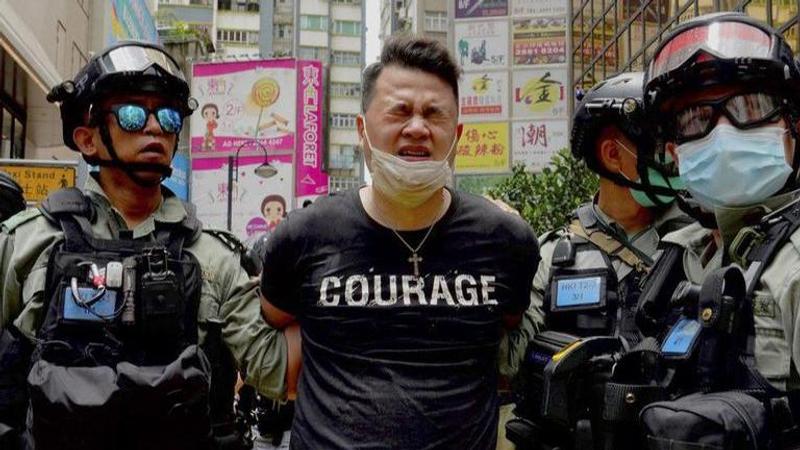Published 13:02 IST, July 4th 2020
Hong Kong journalists scramble to adapt to security law with vaguely defined offences
After China implement the draconian national security law in Hong Kong, journalists and lawyers are scrambling to adapt to the vague definition of offences.

After China implemented the draconian national security law in Hong Kong, journalists and lawyers are scrambling to adapt to the vague and broad definition of offences. UN Human Rights office said on July 3 that the definition of some of the offences contained in the law may lead to discriminatory or arbitrary interpretation and enforcement of the law.
While the UN Human Rights Office are still in the process of analysing the contents, journalists and media outlets are in a dilemma over the use of now-banned pro-democracy slogans in their reports. The news outlet RTHK, which recently dropped a satirical show, asterisked the word “liberate” in a tweet while sharing a story on Basic Law Committee vice chairwoman’s statement.
Hong Kong Foreign Correspondents’ Club has written an open letter to the city’s chief executive Carrie Lam after her office failed to address specific concerns raised in a previous letter. The letter urgently sought clarification of the potential impact of the national security law on the city’s media including foreign correspondents and the broader implications for press freedom.
“We expressed our concern that the new law will curtail the ability of journalists to report freely about Hong Kong and mainland China, as is our right under Article 27 of the Basic Law,” FCC said in a statement.
Club demands guarantees
In the letter, Hong Kong FCC raised serious concern over Article 54 over the new law which specifically calls for authorities to “take necessary measures to strengthen the management of and services for...news agencies of foreign countries”. The club has demanded several guarantees from the administration including being able to carry out reporting without obstruction or intimidation from authorities or the police.
They want assurance that journalists won’t face any legal risk for their social media posts, including sharing of posts of government critics. They also demanded that no topic will be off-limits or taboo for journalists, including sensitive political issues, and reporters must not be barred from press conferences for their work or political stance.
(Image: AP)
Updated 13:02 IST, July 4th 2020




